Advice for preventing and treating health issues
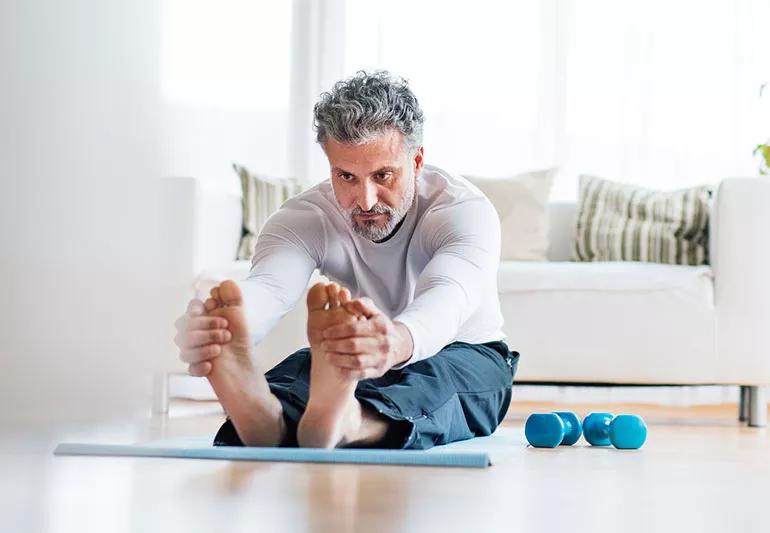
Some actors seem to stay eternally young — or if they do age, it’s with stately grace.
Advertisement
Cleveland Clinic is a non-profit academic medical center. Advertising on our site helps support our mission. We do not endorse non-Cleveland Clinic products or services. Policy
But you don’t have to be a movie star with a fancy car to feel good as you get older. But you do need to be knowledgeable about the risks that naturally rise with age. You also need to be willing to embrace preventive, healthy habits.
“Your sex, genetics and psychological differences are all at play when it comes to aging,” says family medicine practitioner Donald Ford, MD, MBA. “Most importantly, other factors more within a man’s control can affect how well he ages.”
Dr. Ford says men age better if they:
Advancing age affects multiple systems in the body. Here are seven common areas that are affected, plus tips to fight back.
As we get older, the risk of heart disease and high blood pressure rises. In fact, there’s a 75 percent risk of heart disease in men at age 60. (A similar risk for women isn’t seen until age 80.)
Tips: Keep high blood pressure and cholesterol under control, exercise, eat right and if you smoke, do everything you can to quit.
Our brains also change with age, and this includes losing neurons. Memory, cognitive function and reaction time are affected. Depression also becomes more common.
Advertisement
Tips: Keep your brain sharp with mental exercises, social activities, music, spending time with friends and keeping pets, if you like. If depression is an issue, seek psychological counseling.
Changes in metabolism and hormone function often can result in weight gain and sometimes weight loss. Your sleep patterns can change.
Tips: If sleep is a concern, try going to bed at the same time every night and waking up at the same time each morning. Also, if you take naps during the day, consider curbing them so you get a better night of sleep. These changes can help reset a circadian cycle. Exercise also can help you sleep better. You can also discuss weight gain or loss with your doctor.
Despite what you hear on TV, low testosterone that requires treatment is very rare and usually limited to men with chronic diseases, although prolonged use of drugs like opiates or steroids can be the cause. Most symptoms associated with low testosterone (fatigue, loss of libido) are usually due to other physical or psychological factors.
Tip: Work hard at getting plenty of exercise and 8 hours of sleep a night and the symptoms of “Low-T” usually improve.
With age, skin can lose thickness and elasticity, making it more vulnerable to injury. Also, various skin lesions, such as sun spots, become more common.
Tip: Look for changes in any skin lesions, including shape, texture, size and color. If you notice anything, call your doctor right away.
The size of your prostate can increase, which can lead to less urine flow and frequent bathroom trips. There’s also a higher chance of urinary infection or prostatitis. Also, while women are more likely to have urinary incontinence, men are not immune.
Tip: Talk to your doctor about any issues with urination or any signs of irritation or pain. Most over-the-counter prostate remedies are ineffective.
Osteoporosis tends to affect men later in life. An increased risk of fracture from bone fragility generally affects men ten years after women, but the severity or mortality associated with a hip fracture, for example, is higher in men.
Tips: Exercising regularly and avoiding smoking and excessive drinking can help you prevent osteoporosis.
To age well, it’s also important to do appropriate health screenings. Be sure your blood pressure and cholesterol levels are under control and if needed, that you undergo diabetes screening.
“As we approach age 50, we also need to screen colon cancer and prostate cancer,” Dr. Ford says. “I also look for things like lung cancer and aortic aneurysm in men with a history of smoking,” he adds.
Advertisement
He says it’s also a good idea to revisit your diet as you get older. You may find that the same diet you had at 20 no longer works at 50.
It’s important also to address heart disease, high blood pressure, diabetes and depression. Managing them may require prescription medication and/or lifestyle changes.
Supplements are generally unnecessary and sometimes harmful. Although taking a daily multivitamin may provide some reassurance, it’s always better to get your nutrients through a healthy diet.
“It’s important to focus on staying active physically. It doesn’t need to be tackle football. It can be dancing, walking or using a tread mill. The principle of “use it or lose it” becomes a reality as we age,” Dr. Ford says. “The more you just sit around, the more you just sit around.”
Advertisement

Sign up for our Health Essentials emails for expert guidance on nutrition, fitness, sleep, skin care and more.
Learn more about our editorial process.
Advertisement

Your cells and tissues may be aging faster or slower than your actual age

Biological changes, family issues and work problems may cause you to reevaluate your life and make changes for the better
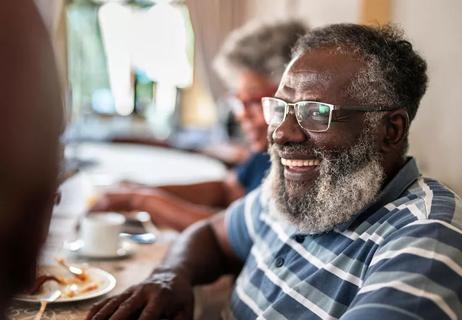
Living longer is more than just growing older — it’s also about living life to its fullest
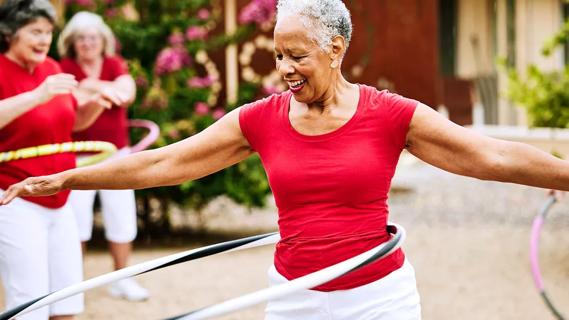
It's never too early to prevent bone loss with diet, physical activity

How to exercise as you age

Understanding what's in your control, and what's not
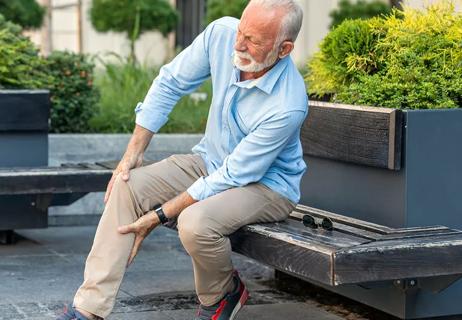
Take steps now to keep them in good working order
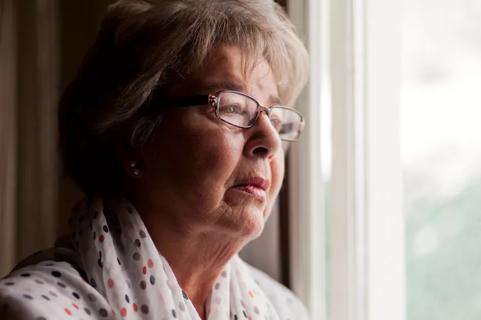
Mental health issues can be tied to medical problems

Even small moments of time outdoors can help reduce stress, boost mood and restore a sense of calm

A correct prescription helps your eyes see clearly — but as natural changes occur, you may need stronger or different eyeglasses

Both are medical emergencies, but they are very distinct events with different causes